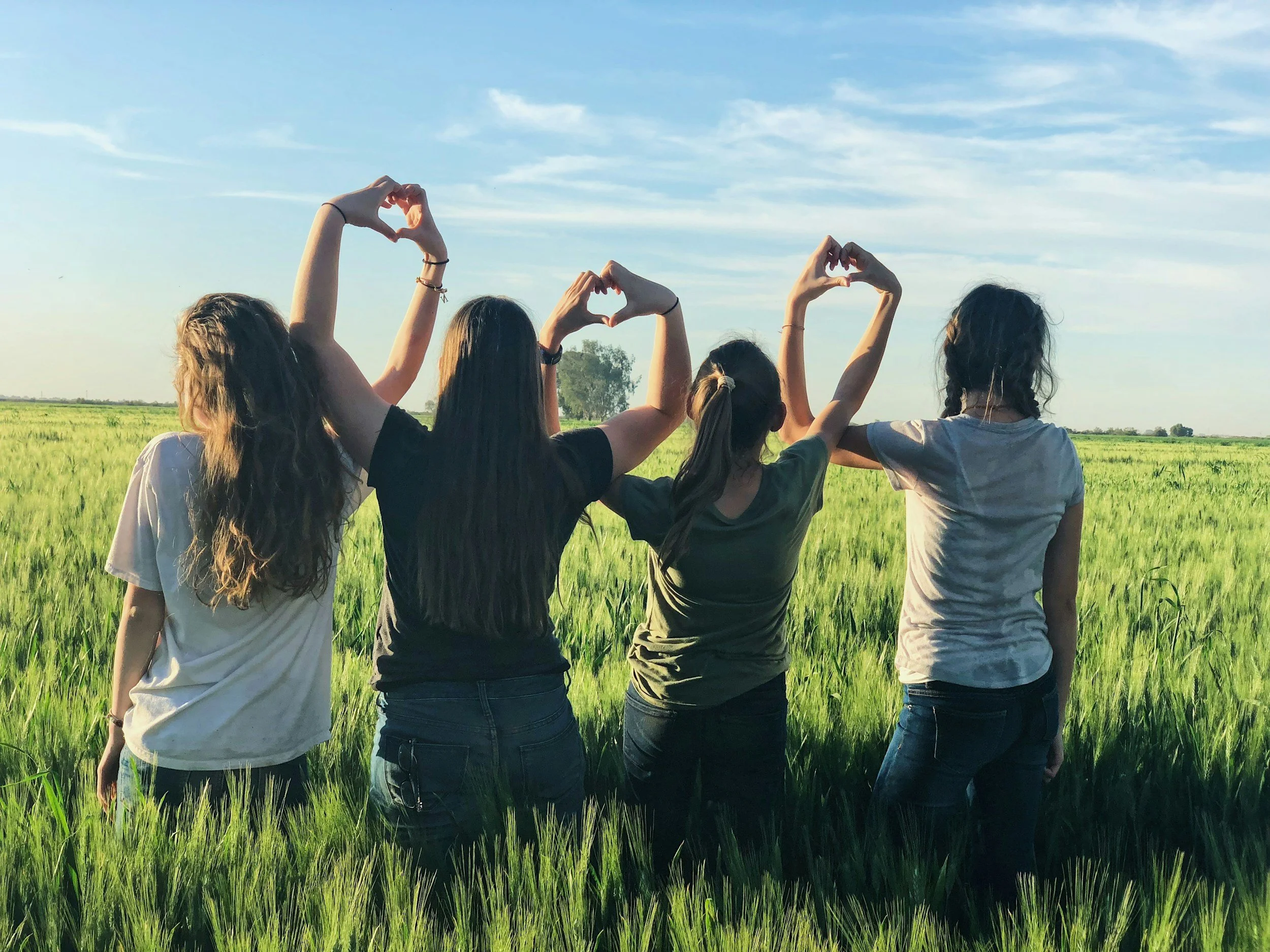Stronger Together: Connection & Social Support
Building resilience isn’t a solo journey. Inner strength matters, but the connections we maintain—with family, friends, and communities—play an equally vital role. By nurturing relationships and seeking supportive networks, we not only cope better with adversity but also thrive in ways we couldn’t achieve alone.
The Role of Social Support in Building Resilience
We’ve previously shared that resilience—the ability to adapt and thrive in the face of trauma, tragedy, or illness—is not something you’re simply born with. It’s a skill you can develop through knowledge, practice, and intentional habits. One of the most powerful tools in building resilience is social support.
The Power of Connection
While inner strength is essential, embracing connections with others is equally important. Relationships are central to personal well-being and healthy development. According to Psychology Today, building meaningful relationships “enables us to strengthen the skills associated with resilience. Relationships that foster growth can strengthen resilience through connection.”
The American Psychological Association echoes this, stating:
“Many studies show that the primary factor in resilience is having caring and supportive relationships within and outside the family. Relationships that create love and trust, provide role models, and offer encouragement and reassurance help bolster a person’s resilience.”
How Relationships Boost Resilience
Trauma expert Helga Luest, founder of TraumaInformed.org, highlights the importance of connection in healing:
“The key to building resilience is connection with others who can validate, empathize, and understand our feelings and experiences.”
Even brief interactions, like a hug or a few minutes of eye contact, can boost oxytocin levels, enhancing optimism, trust, and self-esteem. Luest reflects:
“No matter what life may bring, our connectedness helps us navigate challenges. I didn’t know this at the start of my journey to heal from violence, but I now understand how staying connected with family, friends, and community profoundly shapes how life is experienced.”
Social Support is as Important as Inner Strength
Many psychologists caution that resilience research often overemphasizes individual traits over social context. Jill Suttie, Psy.D., former book review editor for Greater Good Magazine, explains:
“Resiliency research is complex…Lost in the mix is the importance of social circumstances. How resilient we are may have as much—or more—to do with our social milieu and circle of support—our communities, institutions, and cultural expectations—as it does with personal strengths.”
Suttie adds that positive relationships and supportive environments help minimize stress responses. This is why people recovering from trauma or setbacks are often encouraged to:
See a therapist
Join support groups
Volunteer or participate in community activities
Even religious or spiritual practices can strengthen social connections, enhancing resilience.
“If we don’t recognize the role of social context in resiliency, we may set ourselves up for failure. Resilience isn’t just about personal strength—it’s about cultivating and relying on supportive networks,” Suttie concludes.

